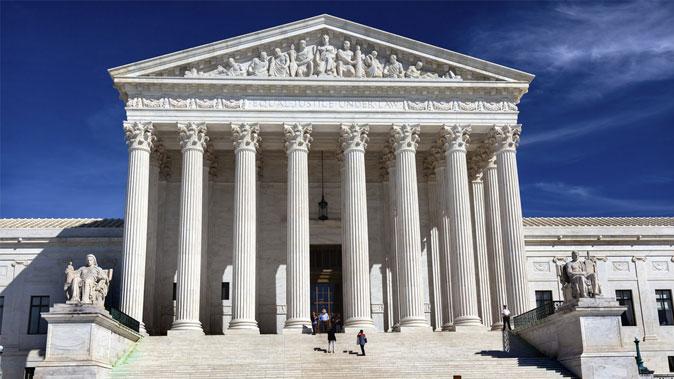WASHINGTON—Having one’s day in court is a popular, colloquial expression in America. We take for granted our right to equality of the law before an impartial judge and jury.
However, most Americans are unaware that for everyday disputes arising over the necessities of life—credit cards, purchasing an automobile, employment contracts, investments, mobile phone service—having one’s day in court has become a thing of the past. Why? Because virtually all of us gave that right up when we signed contracts with forced arbitration clauses that waive the right to take a claim to court.
These clauses are usually buried in the fine print of contracts setting forth the conditions of service.
The vast majority of Americans have no idea of the rights they have supposedly given up in fine print contracts.




